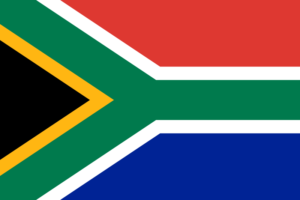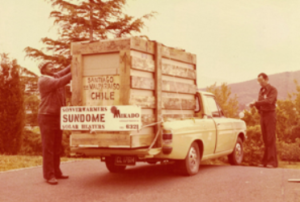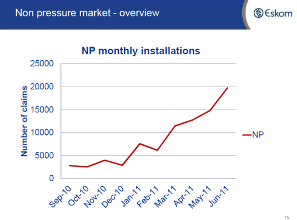South Africa: Clarity sought on Future of Rebate Scheme
July 29, 2011
 There has been no decision yet regarding the future of the national residential incentive programme by South African utility Eskom: As of 12 July 2011, the utility counted a backlog of all in all 53,208 applications. This is more than half of the number of all applications approved since the beginning of the programme in 2007 (84,214 application). 76 % of the applications that are still pending approval deal with open loop systems. Closed loop systems make up the smaller proportion, with 12,644 still pending applications.
There has been no decision yet regarding the future of the national residential incentive programme by South African utility Eskom: As of 12 July 2011, the utility counted a backlog of all in all 53,208 applications. This is more than half of the number of all applications approved since the beginning of the programme in 2007 (84,214 application). 76 % of the applications that are still pending approval deal with open loop systems. Closed loop systems make up the smaller proportion, with 12,644 still pending applications.
At the beginning of June this year, Eskom already lowered the rebate level, citing a lack of clarity about how funding for the programme will continue. According to an announcement by Eskom from 12 April, the cut in rebates for solar water heaters was said to be 10 to 25 % – with importers being hit worse than local manufacturers. For example, an imported 150-litre close loop system now receives a 25 % lower grant of maximum South African Rand (ZAR) 3,898, whereas the maximum subsidy level for the same but locally produced system type is reduced by only 10 % to ZAR 4,677.
Soon after, Eskom went on to announce they would limit the number of rebates which solar water heating suppliers could claim in one month and admit no new participants to the programme, in order to extend the rebate budget for as long as possible into 2011. In late June, Eskom announced that further funding for the scheme had been allocated, but declined to say how much. Details would be available to suppliers at workshops around the beginning of August 2011.
According to Robin Thomson, Manager of the Cape Town office of Sustainable Energy Society of Southern Africa (SESSA), the continuing uncertainty is the biggest hurdle in the solar water heating market at the moment. “There is little doubt that the local industry can satisfy the demand of the growing market, but manufacturers, suppliers and installers need to know under what terms, in order to plan their capacity and realise economies of scale, especially in the local manufacturing sector.”
Which means that the sector has taken the announcement of a new building code regulation very seriously, as it may be able to revive that demand, according to a report on the South African solar water heating market released in April 2011 by global consultancy Frost & Sullivan (F&S). “The demand pressure that the new building code will place on the market to manufacture and install these products is exciting,” argues Dominic Goncalves, Africa Energy and Power Research Analyst at F&S. “When the new building codes will be officially implemented, new buildings or those undergoing refurbishments will be required to cover at least 50 % of their hot water consumption by energy-efficient methods, for example solar water heaters or heat pumps.”
The regulations for energy efficiency in buildings have been stipulated in the South African National Standard SANS 2004. A draft has already been published and is about to be regulated. However, SANS 2004 will only come into effect if it is incorporated into building code SANS 10400-XA, which can then be implemented at the local level.
The new building standard is thought to bring the country closer to what the government announced in 2007: a national target of installing 1 million solar water heating systems by 2014. Goncalves estimates that “even in the best case scenario, the Eskom rebate programme would result in the installation of only slightly more than half a million units by 2014”.
More information:
Summary of the report by Frost & Sullivan:
http://www.frost.com/prod/servlet/press-release.pag?docid=226282192
Eskom´s solar water heating programme:
http://www.eskom.co.za/c/56/eskom-solar-water-heating-programme/


